News
Launched in 1999 and updated regularly, Statewatch News includes our own reporting and writing as well as articles, announcements, documents and analyses from elsewhere on civil liberties, EU policies and state practices. You can receive updates in your inbox by signing up to our mailing list, or use our RSS feed to get instant alerts.

Spanish Presidency’s call for “a preventive model” for migration: more of the same
A discussion paper circulated on 26 September by the Spanish Presidency proposes a switch in the external dimension of migration from “a reactive to a preventive model”. In reality it appears that this is little more than doubling down on existing plans. The paper was circulated to inform discussion at the Justice and Home Affairs Council meeting last week.
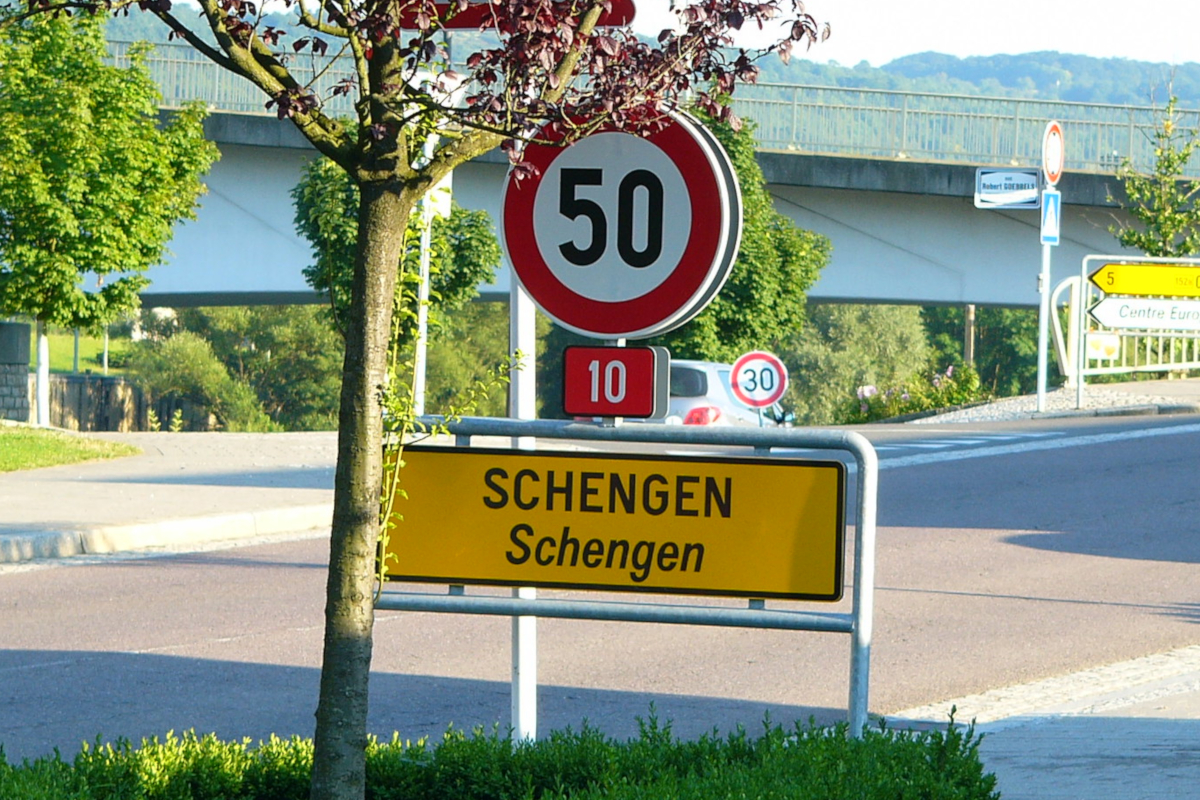
EU gears up for renewed crackdown on migrant smuggling
At the Schengen Council meeting on 19 October, ministers will discuss how to ramp up the EU's repressive measures against migrant smuggling and decide on "actions, commitments and sustainable solutions." A draft paper from the Spanish Council Presidency gives an indication of the plans that are in the works.

Frontex: deportations at record high in first half of 2023
The European Union's border agency, Frontex, facilitated the deportation of nearly 18,000 individuals from EU territory during the first half of 2023, marking an unprecedented peak. This surge in removals, executed through both scheduled flights and "voluntary" return procedures, demonstrates a 60% upswing in deportations compared to the corresponding period in 2022.

Tracking the Pact: Derogations all round in Council's latest crisis Regulation edit
Of the five legislative proposals in the EU's Pact on Migration and Asylum, there is only one for which the Council has not so far adopted a negotiating position: the crisis and force majeure Regulation. The main purpose of the law is to set out derogations from other measures in the Pact, which are all due to be approved by next spring. The latest version of the text (published here) was up for discussion yesterday at the Justice and Home Affairs Council, which failed to reach agreement on it. Another attempt will reportedly be made on Monday.
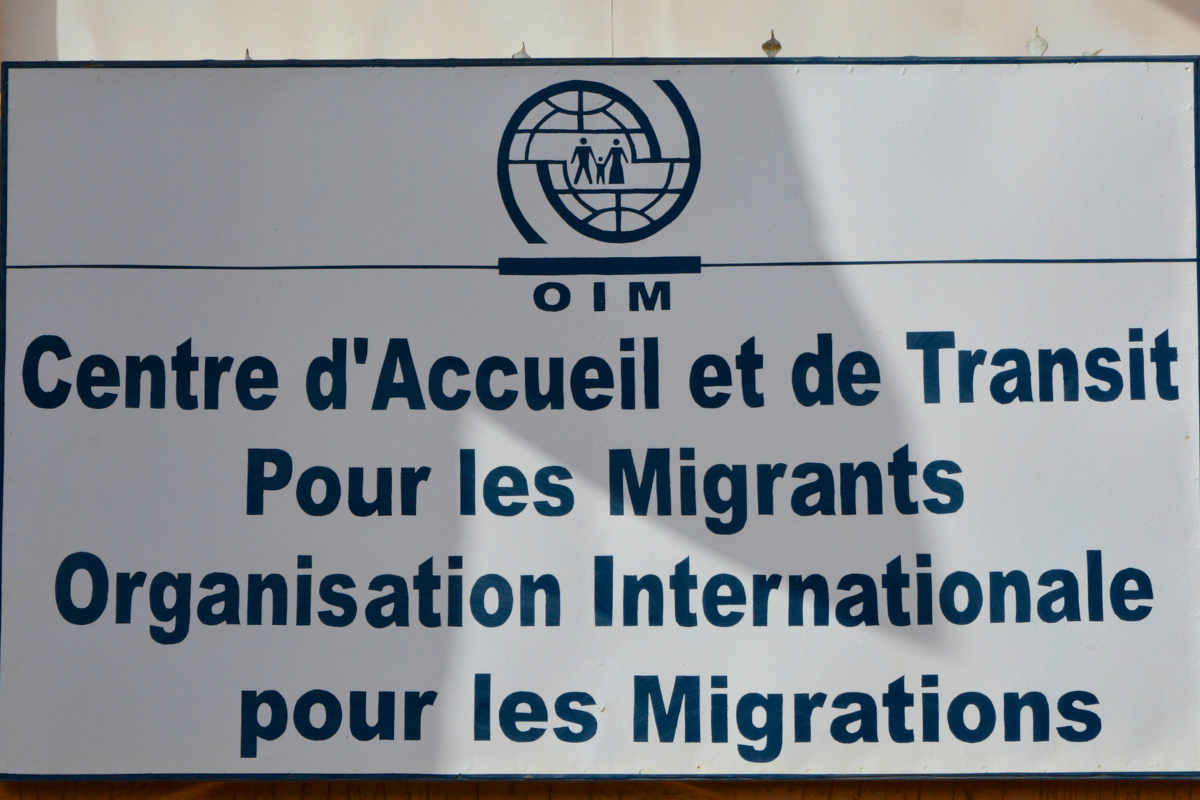
After the Niger coup, Spanish Council Presidency asks: "How can we continue cooperation on migration and border management?"
Earlier this month, an article published by Statewatch questioned how long it would be before the EU's cooperation on security and migration with Niger - which was halted after the coup at the end of July - was restarted. A document circulated by the Spanish Presidency of the Council on 8 September suggests that, despite the EU condemning the coup "in the strongest terms," there is enthusiasm to get joint projects going again.

Civil society calls on legislators to ensure the AI Act upholds the rule of law
In another warning on the dangers posed by the EU's Artificial Intelligence Act, more than 60 organisations (including Statewatch) are calling on EU legislators to ensure that the text upholds the rule of law. An open letter calls: for fundamental rights impact assessments for all high-risk AI systems; to ensure that systems used for national security purposes fall under the Act; and to ensure that AI developers cannot exempt themselves from the Act. "As the EU navigates the complexities of the digital age, it is of the utmost importance that we do not lose sight of our core values," says the letter.
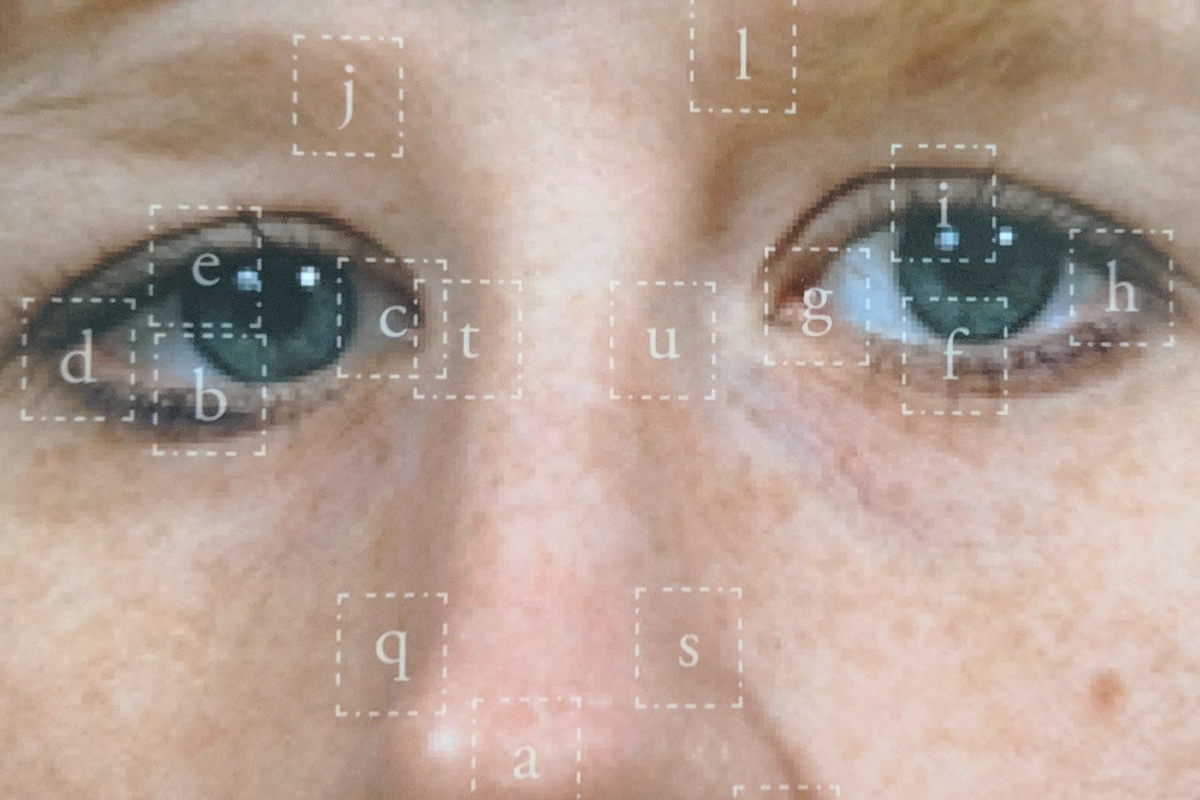
Global call to stop facial recognition surveillance
Facial recognition and other forms of biometric surveillance pose huge dangers for rights and freedoms in public space. They make it possible for pervasive tracking of individuals' movements and activities; are used to infer or monitor emotions and alleged "suspicious behaviours"; and have been responsible for wrongful arrests and convictions, and the suppression of protests. The dangers they pose are so significant that a coalition of more than 110 civil society organisations (including Statewatch) and 60 eminent individuals are making a simple demand to governments: stop using facial recognition for the surveillance of publicly-accessible spaces and for the surveillance of people in migration or asylum contexts.

Interpol: multi-million dollar “predictive analytics” system under construction
The International Criminal Police Organisation, Interpol, is building a vast data-processing platform called INSIGHT that is ultimately supposed to provide police forces around the globe with “predictive analytics” generated from Interpol’s internal data, information received from its member states, “external” sources such as commercial databases, and “visual, video, audio recognition, facial and bio-data matching.” The US State Department has so far committed more than $12 million for the project.

Police AI needs strict limits and controls, warn civil society organisations
Secret "trilogue" negotiations on the EU's proposed Artificial Intelligence Act are ongoing, and next week MEPs and EU member state representatives will start discussing bans and prohibitions. The week after, decisions are expected on whether to classify the use of AI for migration and security purposes as "high risk" or not. A statement directed at decision-makers and signed by 115 associations and individuals, including Statewatch, calls for strict limits and controls in the AI Act "to prevent harm, protect people from rights violations and provide legal boundaries for authorities to use AI within the confines of the rule of law."

Scrutinising European police surveillance of activists: new guide on personal data requests
A new guide aims to improve the ability of activists and campaigners to request data held on them by Europol, the EU’s policing agency, and to increase public and political scrutiny of European police forces gathering data on individuals’ political activities.
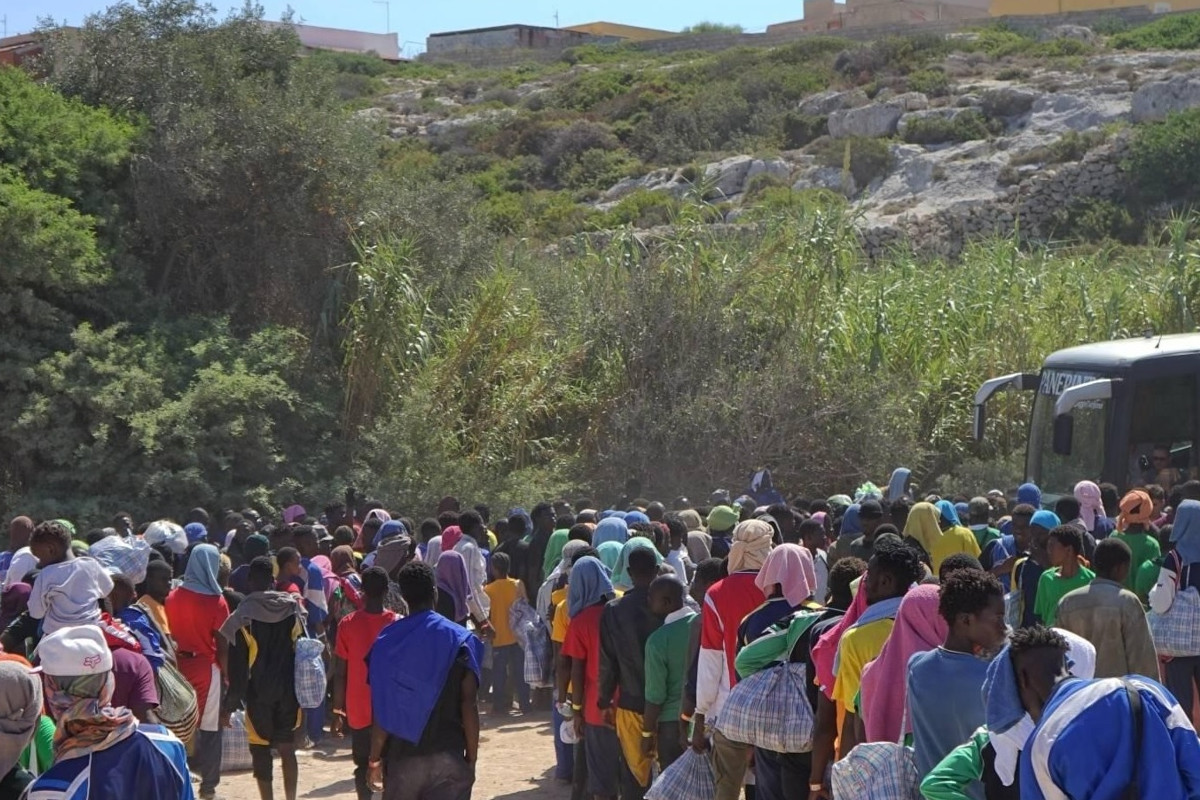
Arrivals in Lampedusa: Solidarity and resistance in the face of Europe's reception crisis!
Joint statement signed by Statewatch and more than 80 other organisations: Following the arrival of a record number of people on the move in Lampedusa, civil society expresses its deep concern at the security response of European states, the crisis of reception, and reaffirms its solidarity with people on the move arriving in Europe.

Statement to EU countries: Do not agree to mass surveillance proposal, warn NGOs
Over 80 organisations, including Statewatch, are calling on EU member states to block the proposed Child Sexual Abuse Regulation, which would fatally undermine encryption and thus the safety and privacy of all internet users. In the UK, the government has recently conceded that similar clauses in the Online Safety Bill will not be enforced until it is technologically possible to do so - which is likely to be never.

EU: Dangerous loophole in the AI Act must be closed to protect rights
Almost 120 civil society organisations, including Statewatch, are calling on MEPs to close a massive loophole in the proposed Artificial Intelligence Act introduced under pressure from big tech lobbyists. Without changes, the law will allow developers of AI systems to decide whether or not the systems they produce should be considered "high-risk" or not - an obvious invitation for them to decide that they are not, in order to avoid the extra safeguards that the Act should impose.
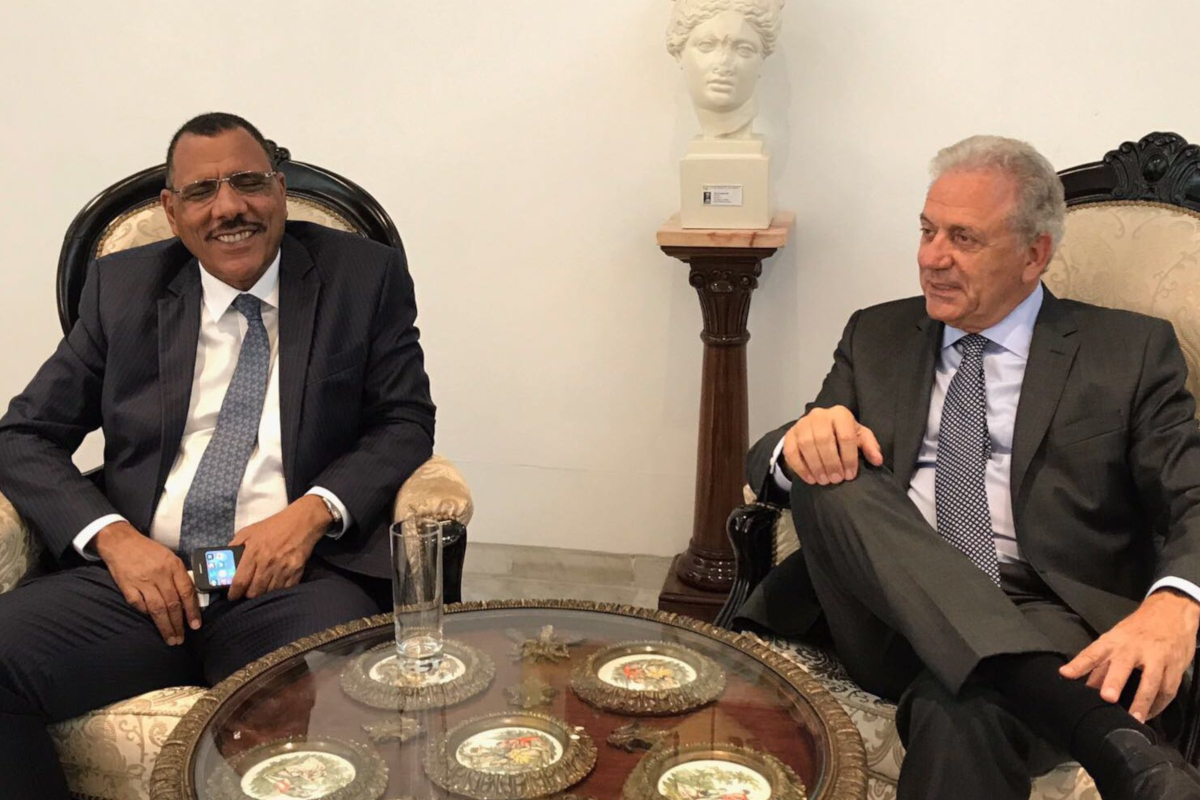
EU: Commission halts migration cooperation with Niger, but for how long?
EU-promoted migration control policies have caused discontent in Niger, and it has been suggested they may have contributed to the unpopularity of toppled president Mohamed Bazoum, who was ousted in a military coup in July. After the coup, the European Commission halted its support for security and migration projects in the country. However, its willingness to cooperate with institutions and actors that violate human rights elsewhere raises the question: for how long?
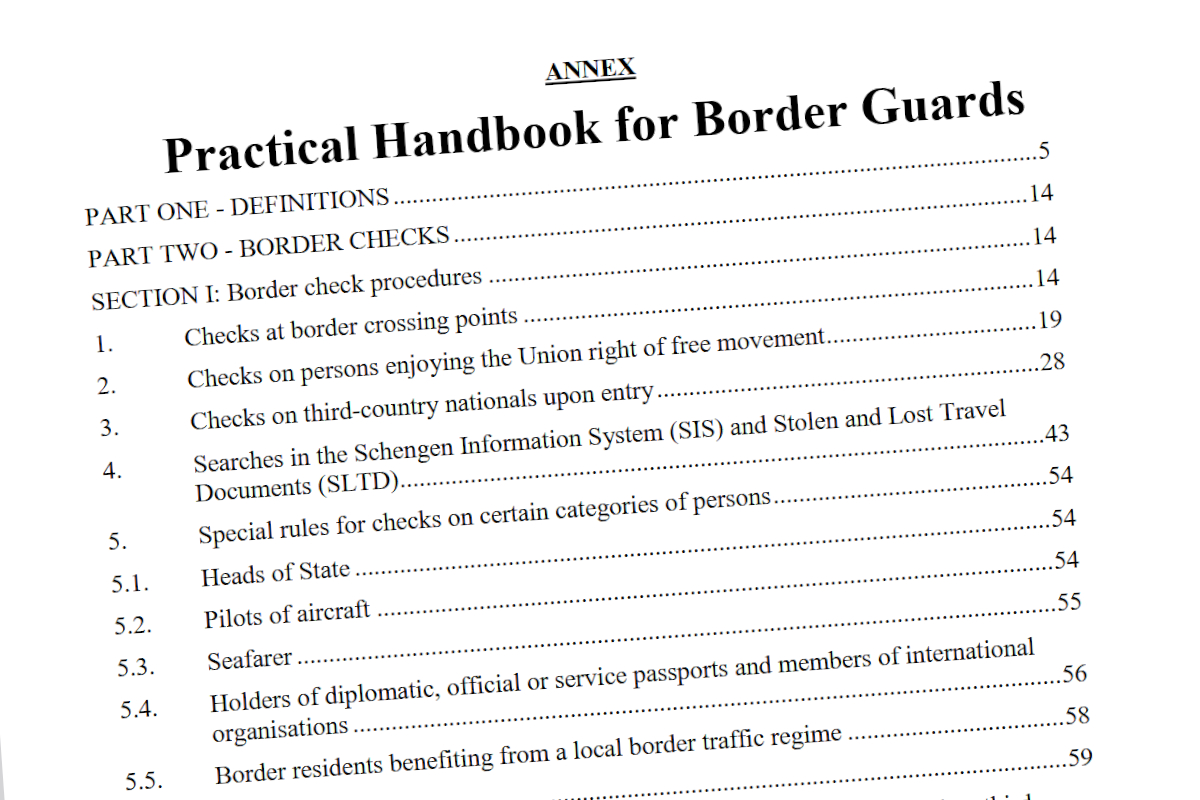
Brexit: UK nationals “are being wrongfully detained whilst transiting through the Schengen area”
UK citizens who have retained post-Brexit rights as legal residents of EU member states have “encountered problems when transiting Schengen States on their way to the [member state] where they reside,” according to the European Commission – including “being wrongfully detained whilst transiting through the Schengen area.”

UK: Papers, please: how one man’s academic research turned him into a terrorism suspect
Book review: In ‘The Suspect’, Rizwaan Sabir offers an intimate first person account of the experience of being accused of involvement in terrorism. He was arrested in May 2008 for possessing a document deemed useful for committing terrorist acts, as part of his academic research into Al Qaida at Nottingham University.

Cyprus: Racist "pogrom" against Syrian refugees
The Cypriot anti-racist organisation KISA has denounced a racist "pogrom" against Syrian refugees in Chloraka, in which various far-right groups attacked adults, children and property. The "well-organised and coordinated attack" grew from "the fertile ground created by the state migration and asylum policies, which are based on systemic racism and discrimination, in flagrant violation of human rights as well as EU and international law," says a press release from KISA. The police, meanwhile, are accused of having "tolerated and apathetically at first watched the violent attacks and other offences," until they eventually made "three arrests, two of which were of Syrian refugees according to media reports, victimising once again the victims of the attacks."

Urgent warning: more deaths at sea, NGO ships blocked
A joint statement signed by 56 organisations, including Statewatch, calls for European states to stop obstructing and hindering civil search and rescue missions in the Mediterranean Sea.
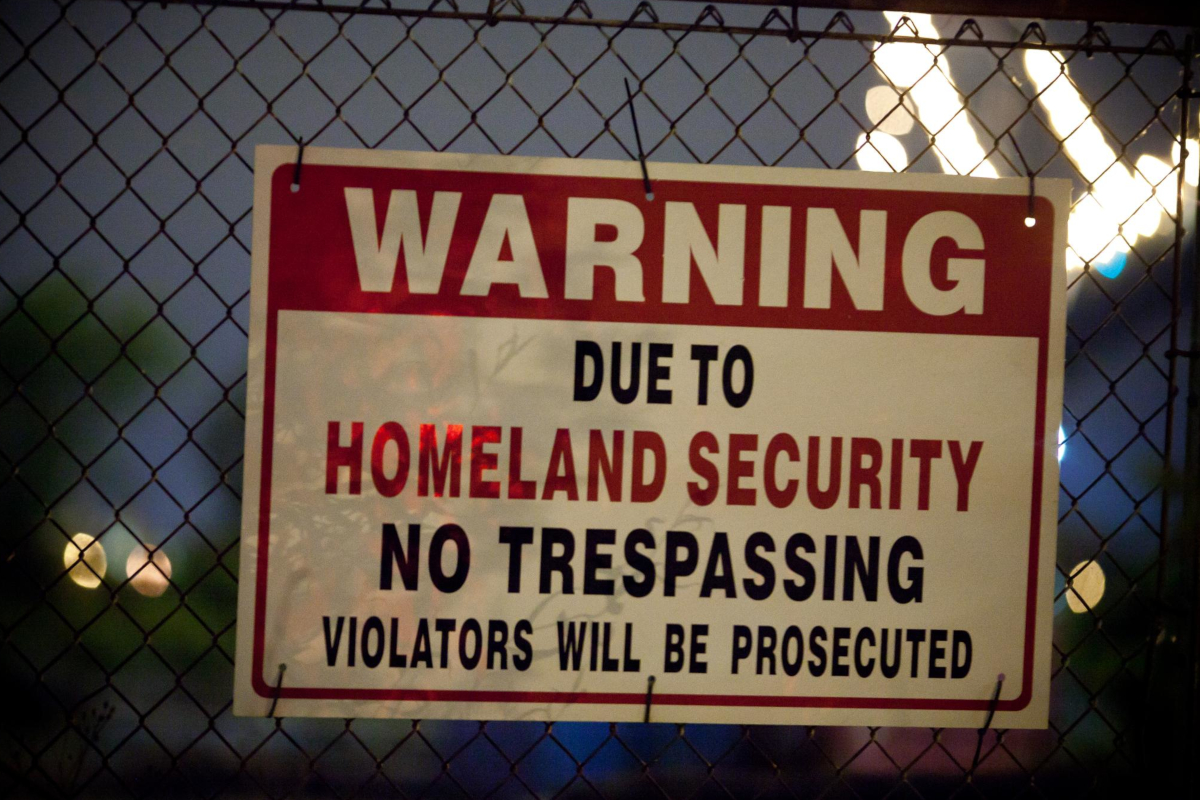
EU and USA plough ahead with secret discussions on biometric data exchange scheme
The EU and USA are discussing a proposed “Enhanced Border Security Partnership” which would involve “continuous and systematic” transfers of biometric data in both directions, but the Commission has refused to release documents that would provide further information to the public.

Tracking the Pact: Presidency's proposed negotiating position on force majeure Regulation; member state comments
On 26 July the Council Presidency circulated what it intended to be the Council's negotiating mandate on the proposed Regulation addressing situations of crisis and force majeure in the field of migration and asylum. Agreement within the Council on the text remains elusive, but it is being made public here, alongside previous versions of the text and compilations of comments from member states on various issues raised by the proposal.
Spotted an error? If you've spotted a problem with this page, just click once to let us know.